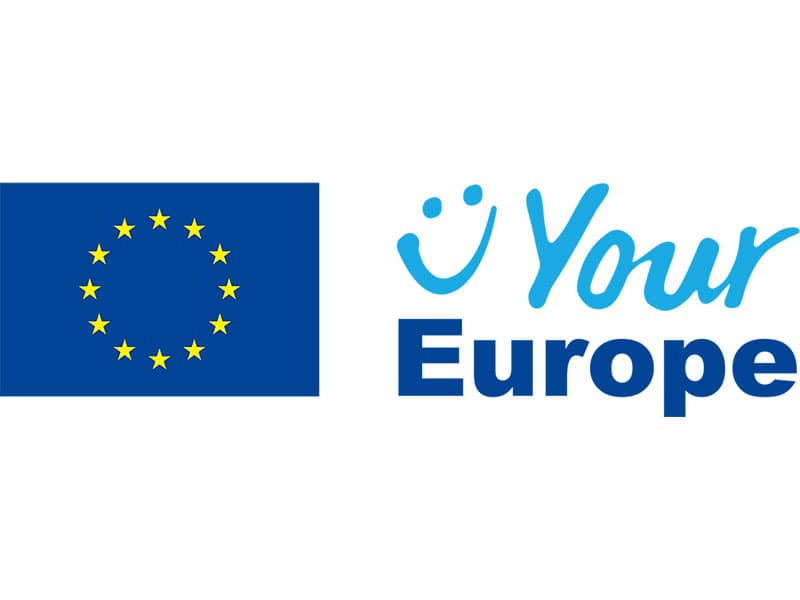Parent-child health passport medical examinations during pregnancy
General information
The parent-child-pass (Eltern-Kind-Pass) is a tool to help provide healthcare for pregnant women and very young children. It records details of the medical examinations conducted during pregnancy and up to the child’s 5th birthday, as provided for in the parent-child-pass programme. All the examinations prescribed in the parent-child-pass are considered important for both mother and child. The examinations are only free of charge if they are carried out by contracted physicians working for registered health insurers.
Women who do not have health insurance must obtain an entitlement voucher from the Austrian health insurance fund responsible for the area where they live before they are examined. If the expectant mother has one of these vouchers, the examinations prescribed in the parent-child-pass can be carried out free of charge by a physician contracted by the relevant health insurance provider. Expectant mothers are entitled to a one-hour midwife consultation between the 18th and 22nd week of their pregnancy. This consultation also forms part of the parent-child-pass.
Advice
Medical check-ups abroad will be recognised in Austria (thus maintaining the entitlement to Austrian childcare benefits) provided that the nature and timing of the examination are in line with the requirements of the Austrian parent-child-pass.
Programme of medical check-ups for pregnant women
Pregnant women are entitled to five medical check-ups in the course of their pregnancies:
Check-up |
Date of check-up |
Scope of check-up |
|---|---|---|
|
By the end of the 16th week of pregnancy |
|
|
|
Between 17 and 20 weeks |
|
|
|
Between 25 and 28 weeks |
|
|
|
Between 30 and 34 weeks |
|
|
|
Between 35 and 38 weeks |
|
Ultrasound examinations
In addition to these examinations, ultrasound examinations of the pregnant woman are recommended between the 8th and 12th week of pregnancy, as well as between the 18th and 22nd weeks, and again between the 30th and 34th weeks. Ultrasound examinations during pregnancy are not required in order to maintain your entitlement to full childcare benefits.
Consultation with a midwife
Pregnant women have the option of a consultation with a midwife between the 18th and the 22nd weeks of their pregnancy. The consultation includes information on the course of pregnancy, birth, postpartum, breastfeeding, ways to promote good health during this period, and the other forms of support that may be available. The midwife consultation is not required in order to maintain your entitlement to full childcare benefits.
Examinations required in order to maintain your entitlement to childcare allowance
Detailed information on childcare allowance can be found on oesterreich.gv.at. You should make a copy of the relevant evidence, but leave the original paperwork in the parent-child-pass. Your health insurance provider has the right to ask for the originals at a later date.
Requirements
Any pregnant woman can get a parent-child-pass, even if she is not an Austrian citizen.
Deadlines
In principle, the first examination prescribed in the parent-child-pass must take place before the end of the 16th week of the pregnancy. It is permitted to deviate from the prescribed examination dates under certain circumstances.
Competent authority
The parent-child-pass will be issued by the gynaecologist after the woman is confirmed to be pregnant. parent-child-pass can also be obtained from general practitioners, outpatient clinics, pregnancy and family planning centres and outpatient departments of maternity wards, provided they perform the examinations prescribed in the parent-child-pass.
Procedure
The parent-child-pass will be issued to you when a pregnancy is confirmed in the course of a medical examination at an accredited facility.
Costs and fees
The parent-child-pass carried out by a physician contracted by a social security body.
Further information
Legal basis
- Mutter-Kind-Pass-Verordnung (MuKiPassV)
- Kinderbetreuungsgeldgesetz (KBGG)

